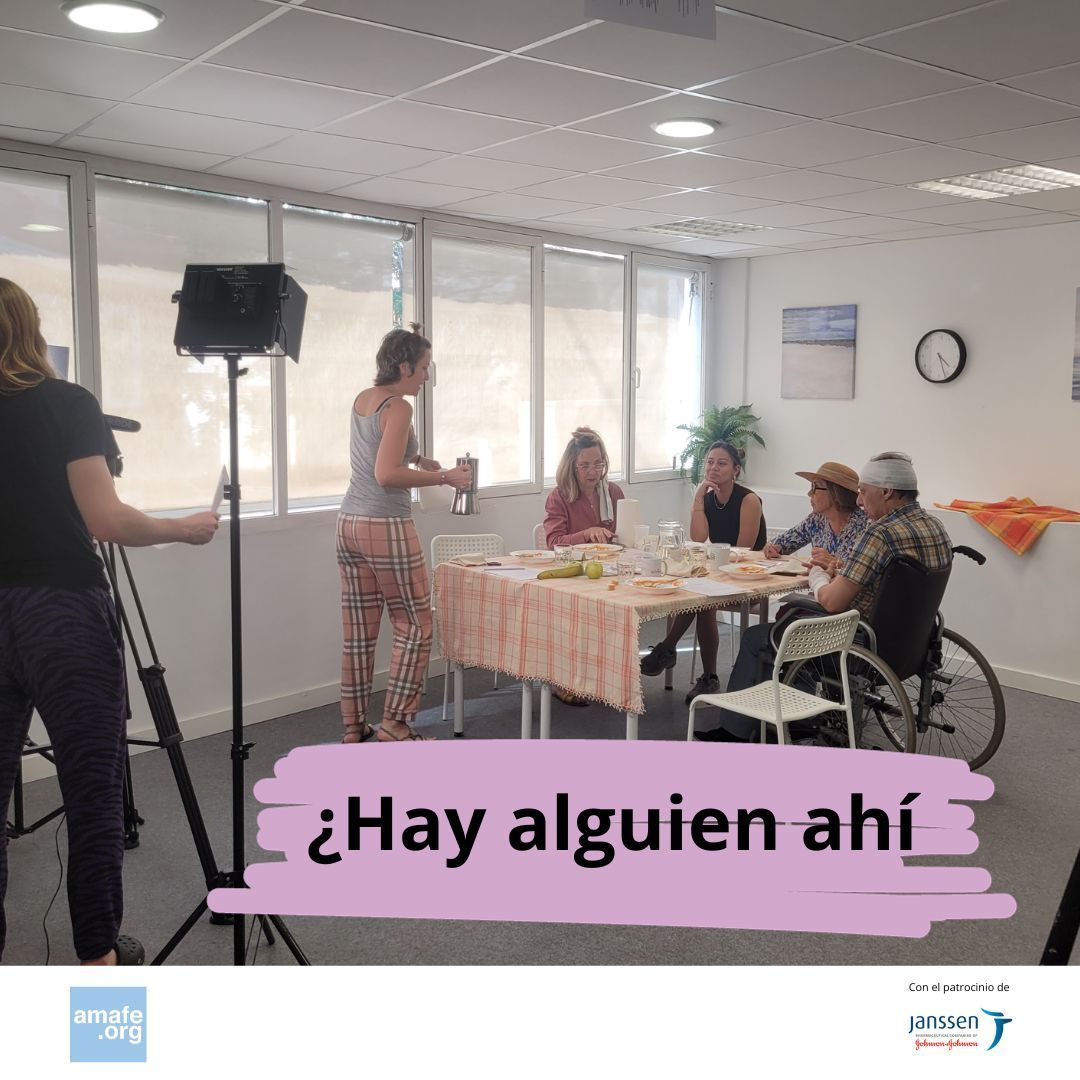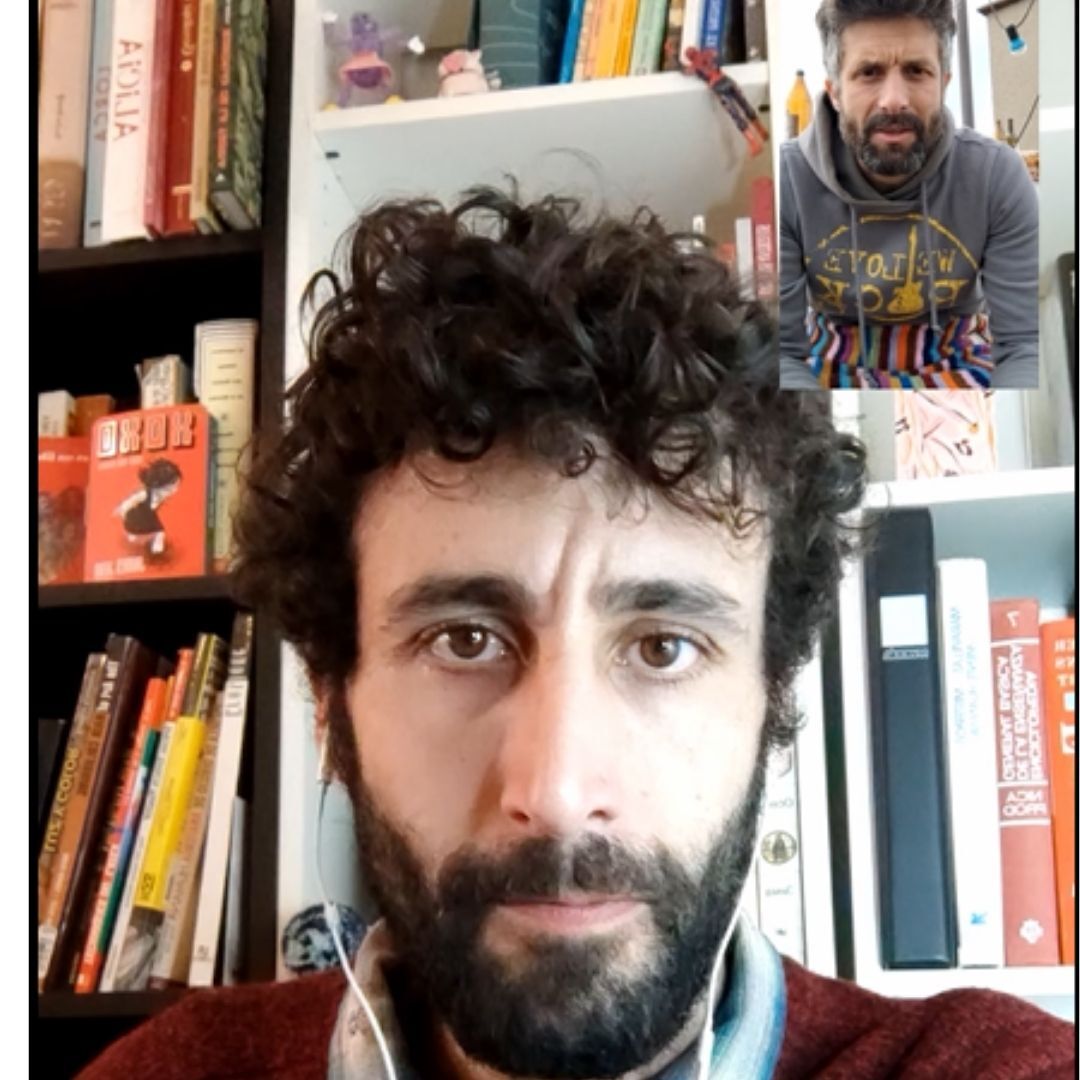Below we will describe some of the different forms of aid that exist.
From the ability to talk and share what's happening, to the support of friends, family, and loved ones, the help of various professionals and devices, and the role of medication.We'll also review some attitudes and good practices that can boost our mental health.
It's important to clarify that every experience is unique. No personal problem or way of coping is exactly the same as another person's.
There are different ways of interpreting and dealing with what causes us suffering. What happens to us can be understood as different symptoms of a disorder or as aspects of our own personality.













































